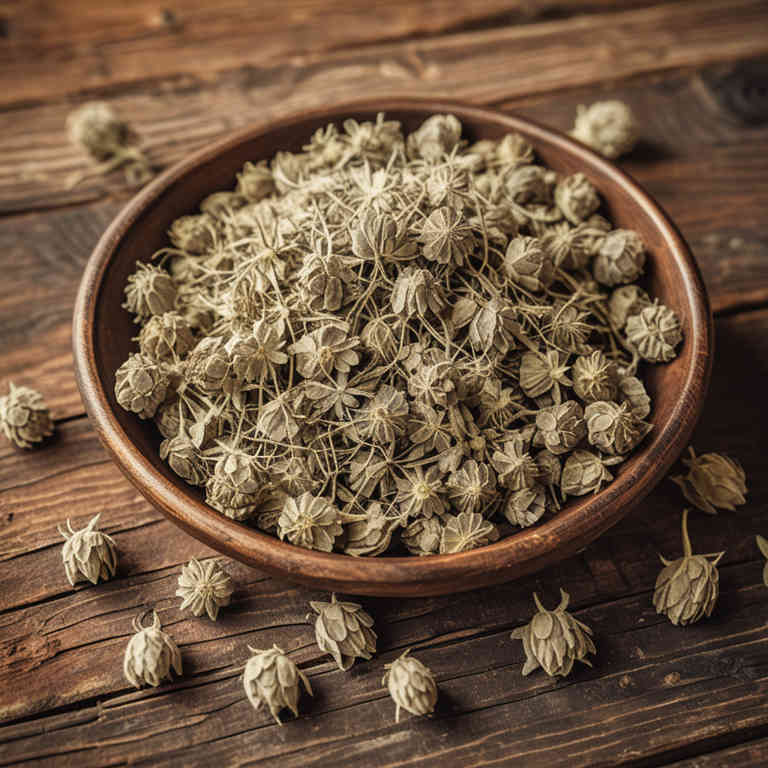Tribulus terrestris linctuse for medicinal use

Tribulus terrestris linctuse is a traditional herbal preparation derived from the seeds of the Tribulus terrestris plant, commonly known as puncture vine.
It is traditionally used in herbal medicine to support vitality, enhance physical performance, and promote reproductive health. The preparation is often taken as a tonic to improve energy levels and may be used to address symptoms of fatigue and weakness. In some cultures, it is also believed to have aphrodisiac properties and is used to support sexual health.
However, its efficacy and safety can vary, and it is advisable to consult a healthcare professional before use.
Uses
Tribulus terrestris linctuse has been used to enhance vitality and support sexual health across various cultures for centuries.
Historically, it was employed in Ayurvedic and traditional Chinese medicine to boost energy, improve libido, and strengthen the cardiovascular system. In modern times, it is commonly used as a supplement to support athletic performance, increase testosterone levels, and promote overall well-being. Its active compounds, including saponins and flavonoids, are believed to contribute to its therapeutic effects.
Today, it remains a popular herbal preparation in both traditional and complementary medicine practices worldwide.
Benefits
Tribulus terrestris linctuse has health benefits such as enhancing physical performance, supporting sexual health, and promoting overall vitality.
It is traditionally used to improve libido and increase stamina, making it popular among athletes and individuals seeking to boost energy levels. The preparation may also aid in reducing stress and improving mood by balancing hormone levels. Some studies suggest it may support kidney function and help in managing conditions like diabetes.
However, it is important to consult a healthcare professional before using it, as it may interact with certain medications or have side effects in some individuals.
Constituents
Tribulus terrestris linctuse active constituents include saponins, alkaloids, flavonoids, and amino acids.
These compounds are believed to contribute to the herb's traditional use in supporting vitality and hormonal balance. Saponins may help regulate steroid production, while flavonoids provide antioxidant benefits. Alkaloids like protodioscin are thought to influence testosterone levels.
Amino acids in the preparation may support overall metabolic function and energy production.
Preparation
To make Tribulus terrestris linctuse, first gather fresh or dried Tribulus terrestris leaves and flowers.
Wash the plant material thoroughly and chop it into small pieces to facilitate extraction. Place the chopped plant in a jar and cover it with a high-quality honey, ensuring the mixture is well saturated. Let the jar sit in a cool, dark place for about 10 days, shaking it occasionally to promote infusion.
After the infusion period, strain the mixture through a fine mesh or cheesecloth to remove the plant material, and store the linctuse in a sealed container in a cool, dark place.
Side Effects
Tribulus terrestris linctuse may lead to increased heart rate, anxiety, and insomnia due to its stimulant properties.
It is often used as an herbal supplement to enhance libido and athletic performance. However, excessive use can cause gastrointestinal issues such as nausea and diarrhea. Long-term consumption may interfere with hormone levels, potentially affecting thyroid and adrenal function.
Individuals with cardiovascular conditions or those taking medications should consult a healthcare provider before using this preparation.